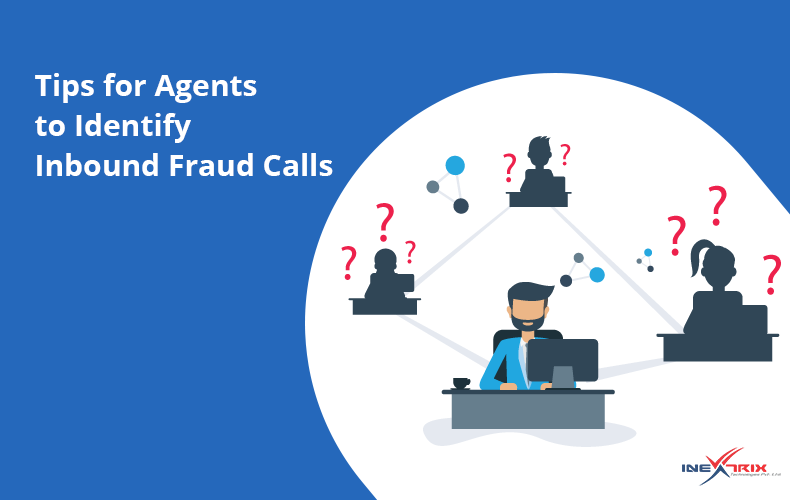Call center fraud is nothing new. From 2013 to 2019, a 350% increase is registered in fraud calls. During the pandemic, fraud on inbound calls has increased. Therefore, it is necessary to be careful. One easy thing you can do is use intelligent call center software.
Intelligent call center software with fraud detection
An intelligent call center solution offers a premium add-on, namely, Fraud Detection. This module is designed to identify any sort of fraud attempt and send a notification to a supervisor to take the required action.
An intelligent call center software solution also shows live statistics to supervisors. With their experience, they can identify fraud calls and take the required decisions.
Tips for agents to identify fraud on inbound calls:
If you are using intelligent call center software, but do not want to get the fraud detection add-on, then also you can ask your supervisors to keep eyes on live statistics. In a call center or business, many agents may work in parallel. Sometimes, it becomes difficult for supervisors be on their toes. To overcome that issue, you can train your agents to identify fraud on inbound calls. Follow these tips to train your agents.
1. Caller tries to skip the verification process
When a call center handles sensitive transactions or information, where fraud happens, agents need to be more careful and the process has to be stricter. There have to be multiple ways of authorizing a caller before taking any action such as:
- Send verification code via SMS and email
- Ask a security question
- Confirm personal details like name, address, date of birth, etc.
Agents should never skip the verification process, no matter what a caller says or insists. Even if the caller shows a lot of anger or tries to play an emotional card with an agent, the verification process has to be followed strictly.
2. Caller insists to change personal information
Personal information does not mean the only PIN of a credit card; other information is also sensitive and can cause frauds such as:
- Phone number
- Email address
- Physical address
Scammers can run transactions with the changed information. For example, banks send OTP via SMS or email to verify a transaction. Therefore, agents have to be trained to follow a strict process before making any changes. Calling a customer to the branch or sending a PRO can be the best option.
3. Caller tries to please an agent
Some scammers try to create an emotional rapport with the agent to influence and use him or her. Therefore, agents have to be trained to focus only on a professional conversation. Agents should never indulge in conversation of flattery or emotional concerns. All rules defined by the organization have to be followed in any case.
Identifying a scammer attempting fraud on an inbound call is really easy, but keeping brain and logic functional is necessary. Alternatively, take advantage of technology and let your agents focus on attending calls than being suspicious of each caller.
We offer intelligent call center software and fraud detection add-on. To book a free demo and trial, contact us.
